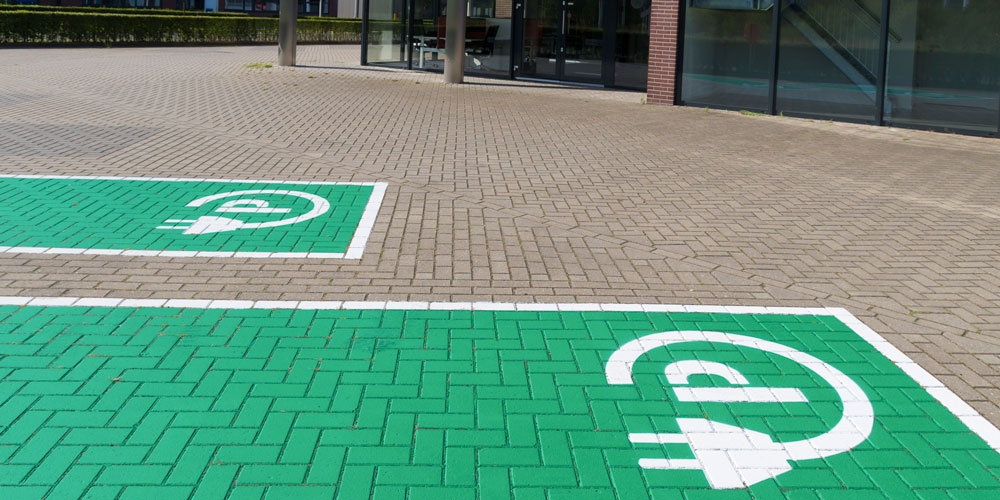One of the reasons why majority of people purchase electric vehicles is to reduce their environmental footprint and reduce fossil fuel consumption. The heart of an EV car is the battery. To make sure you are getting the most out of your new EV, maximizing your EVs battery life will provide the highest Return on Investment.
Here are some factors affecting electric vehicle energy consumption and how you can improve it’s performance.
1. Speed Can Greatly Affect Electric Vehicle Energy Consumption
Rarely do we consider speed at which we drive our vehicles when considering ways to reduce energy consumption. This is particularly true now that EVs are gaining popularity. The faster you drive, the faster your battery will deplete. You will need to charge your vehicle frequently and for a longer period of time. The faster you drive, the more energy is required to maintain speed. Keep an eye on the speedometer the next time you are behind the wheel. All Electric Vehicles have an efficiency rating published by the EPA. When driving at or below the speed limit, the efficiency of your EV will surpass published rating.
2. Vehicle Load
Experts at Centennial Moving point out, the weight of a vehicle drastically influences its energy consumption. This is true for EVs and non-EVs alike. Every 100 pounds of additional weight on an electric vehicle reduces its energy efficiency by approximately 1 to 1.5 percent. This may not seem like much at first glance. However, if you take a longer ride, the difference is clearly noticeable. The battery on your EV will drain a lot quicker than when it is lightly loaded.
3. The Way You Drive
Driving patterns also impact the battery energy in an eclectic vehicle. Hitting the brakes abruptly reduces your car's ability to use inertia to generate energy and recharge the battery. Accelerating rapidly after hitting brakes requires additional torque, which consumes more energy. To conserve battery power, you need to be mindful of the way you brake and the way you accelerate. Driving with an eye on traffic flow, and at conservative speed allows you to be able to predict a slow down. It in turn will allow the electric motor to use the momentum to recharge the battery, saving your brakes and extending the battery range.
4. Weather Conditions
Weather impacts the most on an EV compared to a regular vehicle. Most people know electronic devices don't take kindly to cold weather. How much cold weather actually affects electric vehicle energy consumption is not so well understood by people. An electric vehicle battery will lose up to 30 percent of its charge in freezing temperatures. This can all add up, especially if you are someone who likes to save energy.5. The Type of Terrain You Drive On
Just as with a regular vehicle that runs on gas or petrol, an electric vehicle will run out of battery faster when driving uphill. Rolling resistance is also one of the major factors affecting electric vehicle energy consumption. For example, the Smooth-textured highway surfaces have the least rolling resistance. In contrast, coarse-textured city roads have the most rolling resistance. Road roughness tends to increase the rolling resistance by up to 20% due to energy dissipation in the tires and suspension.
6. Charging The Battery
Last but not least, You can extend the lifetime of your battery using a Level 2 charger at home. It will save you money in jurisdictions with Time-Of-Use rates, which offer special low electricity rates overnight. Moreover, the slow charge at a low speed not only provide you an almost full battery for the following day, it will prevent your battery from overheating.
A common obstacle to installing a Level-2 charger at home is a perceived limited capacity in the main service. Fortunately, an EV Energy Management System (EVEMS) is allowed by the Electric codes to manage existing capacity at home. It charges the vehicle when energy is not used the most. EVEMS come in different forms and are available for the single home, as well as for multi-residential buildings.
Fast charging degrades an EV battery. EV manufacturers do not recommend charging the battery to a 100% all the time. Most EVs have a battery management system that controls the temperature of the battery, fast charging can still heats up the battery affecting it's longevity.


